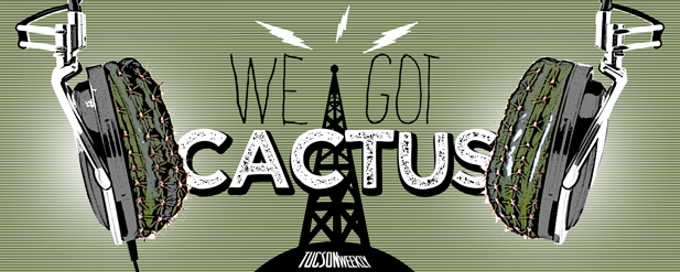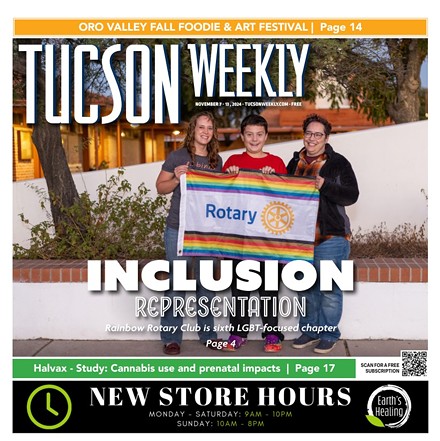Friday, February 1, 2013
Attractive Nuisance #3: Lou Reed
File #3: Lou Reed, New York (1989, Sire)

There is not enough room on the Internet for a treatise on Lou Reed. As Bangs suggests in his unending (unedited) analysis of Reed—the lack of periods are pure Bangs—Reed is both genius and hack. Wherever one sides on the debate Reed’s dueling personas trigger, it is impossible for anyone who gives a damn about rock music (in all its multiplicities) to ignore him. Literally the most simply put: the Velvet Underground.
Now, when it comes to solo Reed, as should be abundantly clear from the 2011 collaboration with Metallica, Lulu (to say nothing of his frequently bad Metal Machine Music from 1975), you can never be sure what Reed you’ll get—perhaps explaining New York’s cover art. When he’s in full possession of his powers, as with 1972’s glam masterpiece Transformer or 1978’s grotty smash Street Hassle, Reed seems every bit the cracked genius; I’ll leave the commercial disaster Sally Can’t Dance (1974) and the (arguably) brilliant bummer Berlin (1973) aside for the moment. After another debacle due to attempting to keep himself contemporary, the absurd Mistrial (1986), or, as it could also be dubbed “the one where Lou raps,” Reed turned his gaze inward.
The resulting album, New York (1989), is a personal and public excoriation of a skuzzy metropolis by one of its most famous native sons. It’s also a cracking great album: louche, cranky, loud, direct, raw, and inspired. In many ways, New York’s unfiltered, driving rock is a direct response to the synthesized, electronic atmosphere that choked the music scene, Reed included, during the 1980s. In this sense, the album’s nervous, vicious sound feels like Reed and collaborators rediscovering the primal joy and cathartic release of rock ‘n’ roll. How can we be sure? Well, Reed uses the liner notes to remind listeners, in the era of the CD (remember when?), how to properly listen to New York: “THIS ALBUM WAS RECORDED AND MIXED AT MEDIA SOUND, STUDIO B, N.Y.C., IN ESSENTIALLY THE ORDER YOU HAVE HERE. IT’S MEANT TO BE LISTENED TO IN ONE 58 MINUTE (14 SONGS!) SITTING AS THOUGH IT WERE A BOOK OR A MOVIE.”
Luckily, the mesmeric qualities of New York equally work to ensure that listeners remain affixed. Further suggesting the thesis that this album is about reviving rock, things begin with a false start before embracing the muscular gallop of “Romeo Had Juliette.” Elsewhere, the prickly shuffle of “Good Evening Mr. Waldheim” suggests Reed was paying attention to post-punk—he should, since VU essentially helped launch the musical genre. And, if New York is truly to be considered as a book or movie, then it makes sense that the moaning guitars and satisfying crunch of the penultimate track, “Strawman,” is meant as the climax. The noir-crawl of closer “Dime Store Mystery” (a tribute to Warhol) is pure resolution.
New York is also a fascinating cultural document, an incisive catalogue of the controversies and the injustices of its era. A variety of public figures are put on blast: Jesse Jackson for his perceived anti-Semitism, subway vigilante Bernard Goetz whose contemporary analogue would be George Zimmerman, and UN Secretary-General Kurt Waldheim whose Nazi ties sunk his political career. Meanwhile, the breezy “Halloween Parade” is actually a surreal, haunting eulogy for the AIDS epidemic. Rather than being a tortured, depressed affair, however, New York maintains a buoyancy and vitality. Credit is certainly due to the album’s collaborators, famously including drummer and VU-alumni Maureen “Moe (Tea Party, Please)” Tucker.
Centered in New York because Reed knew it was a satellite for the United States, the album’s prescience maintains. On the jazzy, dissonant “Last Great American Whale,” Reed registers discontent that feels eerily familiar (the NRA, the end of an empire), and it makes most sense to conclude with Reed’s jaundiced analysis that ostensibly makes the case for New York's ugly appeal: “Americans don’t care too much for beauty/ they’ll shit in a river / dump battery acid in a stream.”
Tags: attractive nuisance , lou reed , new york , 1980s , rock








